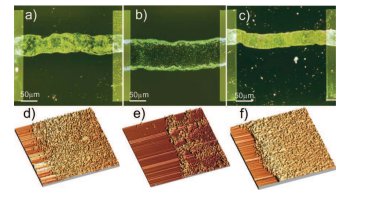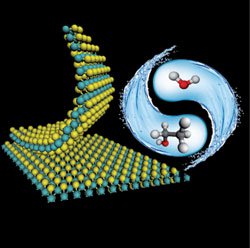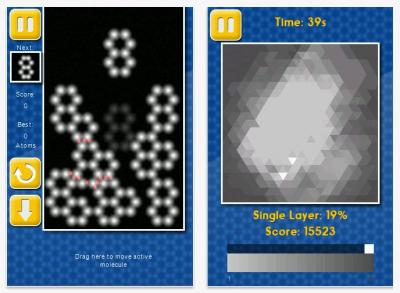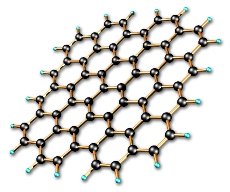Focus Metals loans $500,000 to Grafoid

 Focus Metals announced it has loaned $500,000 to Grafoid (of which it owns 40%). This payment will be used by Grafoid to pay an unnamed foreign university for a patent pending technology relating to exfoliation of graphite using raw graphite rock.
Focus Metals announced it has loaned $500,000 to Grafoid (of which it owns 40%). This payment will be used by Grafoid to pay an unnamed foreign university for a patent pending technology relating to exfoliation of graphite using raw graphite rock.




